independent-and-identically-distributed
Independent and identically distributed (i.i.d.) is a fundamental concept in statistics and data science. It refers to a collection of random variables that are both independent from one another and share the same probability distribution. This means that the outcome of one variable does not affect the others, and they all follow the same statistical rules. The i.i.d. assumption is crucial in various fields, including machine learning, hypothesis testing, and statistical modeling, as it simplifies analysis and helps ensure valid conclusions. Understanding i.i.d. is essential for effective data analysis and interpretation.

Independent and Identically Distributed
A collection of random variables is independent and identically distributed if each variable has the same probability distribution as the others and all are independent.
📚 Read more at Towards Data Science🔎 Find similar documents
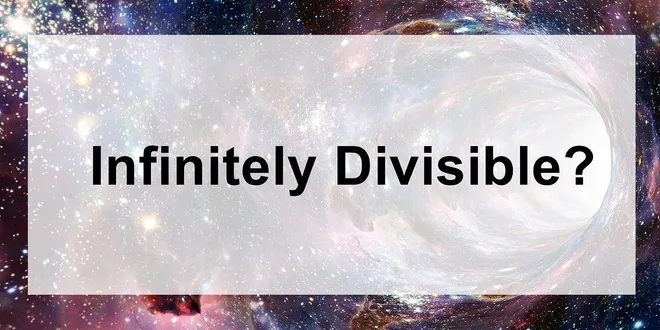
Infinitely Divisible Distribution
Infinitely Divisible Distribution, Stable Distribution, Tempered Stable Distribution, Normal Distribution, Central Limit Theorem
📚 Read more at Towards Data Science🔎 Find similar documents

IID: Meaning and Interpretation for Beginners
In statistics, data analysis, and machine learning topics, the concept of IID frequently appears as a fundamental assumption or condition. It stands for “ independent and identically distributed ”. An...
📚 Read more at Towards Data Science🔎 Find similar documents

Ignoring the IID assumption isn’t a great idea
The IID assumption (independent and identically distributed) is pretty important. Ignoring it can lead you to make incorrect conclusions (usually […] The post Ignoring the IID assumption isn’t a great...
📚 Read more at R-bloggers🔎 Find similar documents
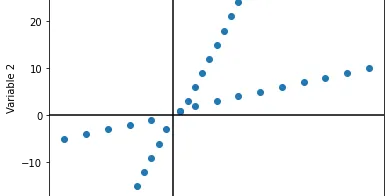
Uncorrelatedness and Independence
A lot of people have difficulties to differentiate principal component analysis (PCA) and independent component analysis (ICA). PCA is a machine learning algorithm that can transform a data set…
📚 Read more at Analytics Vidhya🔎 Find similar documents
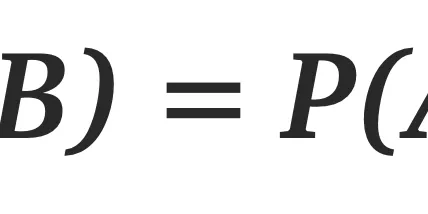
Conditional Independence
The independence that can be realized in the real world When it comes to probability theory we all would have heard of joint distribution, marginal distribution, independence, etc. In this article, I...
📚 Read more at Towards AI🔎 Find similar documents

System Design #A1:- Consistency in Distributed Systems: A Fundamental Challenge
A distributed system is a collection of independent computers (nodes) that collaborate to achieve a shared objective. These nodes are interconnected through a network and operate as a unified system. ...
📚 Read more at Javarevisited🔎 Find similar documents
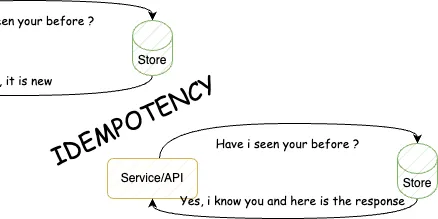
Idempotency: The Key to a Robust Distributed System
Prologue I was working on a project to implement distributed coordination with transaction management for critical banking applications, and I was debating between saga and idempotency as data integr...
📚 Read more at Level Up Coding🔎 Find similar documents
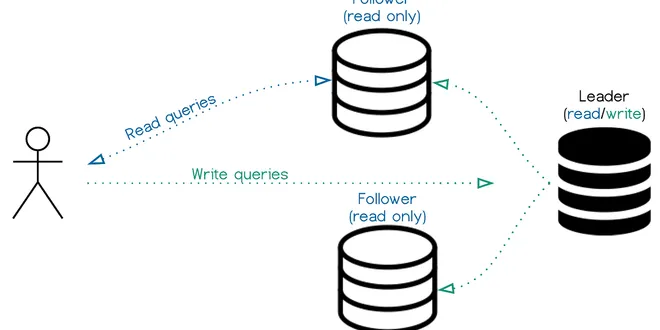
Replication & Partitioning in Distributed Systems
To build modern Data-Intensive applications, it’s almost a mandatory requirement for these applications to be distributed. And in every distributed system, data replication and partitioning play…
📚 Read more at Level Up Coding🔎 Find similar documents

Difference Between Distribution and Partitioning in Graph Databases
What is a distributed system? Generally, a distributed system is a set of computer programs that work together across multiple independent servers to achieve a common goal. Those servers refer to tho...
📚 Read more at Towards AI🔎 Find similar documents
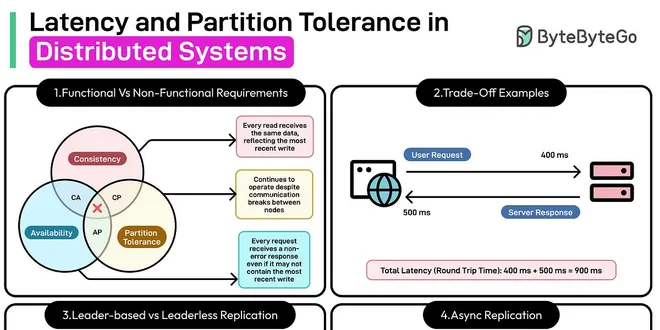
Dark Side of Distributed Systems: Latency and Partition Tolerance
Distributed systems are collections of independent computing resources that work together to present a unified, cohesive service or application to the user.
📚 Read more at ByteByteGo Newsletter🔎 Find similar documents

Identity Federation with Rust
Identity federation is a mechanism that allows users to be authenticated across multiple systems or organizations without the need to maintain multiple credentials. It provides a seamless user experie...
📚 Read more at Level Up Coding🔎 Find similar documents

